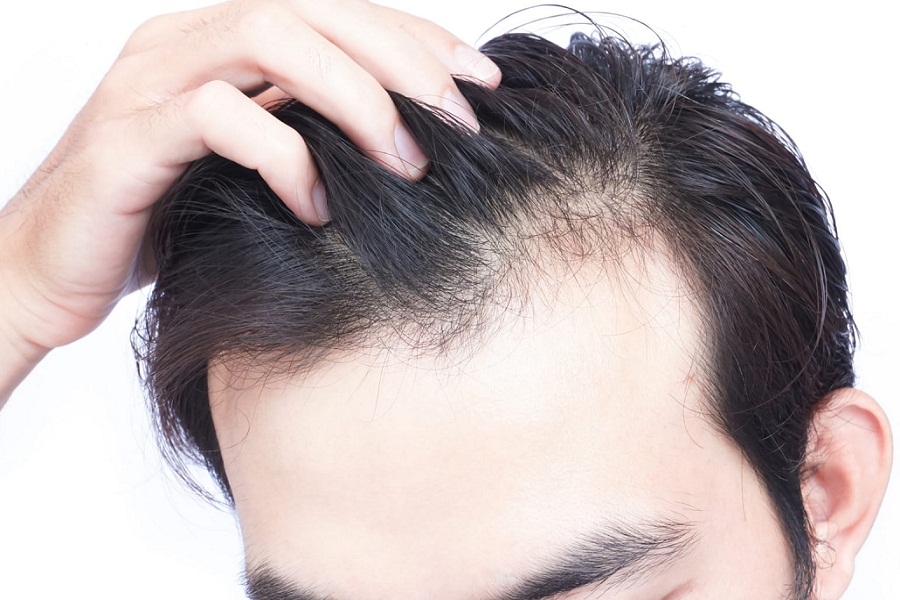
Published :
Updated :

Male-pattern baldness and female-pattern baldness, also known as androgenetic alopecia, are the most common forms of hair loss in men and women, respectively.
Unfortunately, these conditions are generally irreversible because the hair cannot be fully restored to its original density and thickness. However, various treatment options are available to slow down the progression of hair loss and, in some cases, stimulate hair regrowth to some extent.
Here are some common treatment options for male- and female-pattern baldness.
Medications
Dr Nandani Dadu, MBBS, A Board Certified Trichologist at Dadu Medical Centre, India, shared with our writer, "Two FDA-approved medications for androgenetic alopecia are minoxidil and finasteride. Minoxidil is a topical solution that can be applied to the scalp, and it has been shown to slow down hair loss and promote hair regrowth in some individuals."
"Finasteride is an oral medication that helps block the conversion of testosterone into dihydrotestosterone (DHT), which is the hormone responsible for shrinking hair follicles in androgenetic alopecia," she added.
Hair transplant surgery
According to Dr Nandani, hair transplant surgery involves taking hair follicles from areas of the scalp that are not affected by hair loss (typically the back or sides of the head) and transplanting them into the balding areas. This procedure can effectively restore hair in the areas where it is transplanted.
Low-level laser therapy (LLLT)
LLLT involves the use of red light or laser devices to stimulate hair growth.
"Although the exact mechanism is not fully understood, it is believed that LLLT helps to promote hair regrowth by increasing blood flow to the hair follicles and stimulating cellular activity," Dr Nandani added.
Platelet-rich plasma (PRP) therapy
PRP therapy involves the injection of a concentration of platelets derived from the patient's blood into the scalp. Platelets contain various growth factors that may help stimulate hair regrowth.
"It's important to note that the effectiveness of these treatments can vary from person to person, and results may not be dramatic or permanent. It's best to consult with a healthcare professional or a dermatologist who specialises in hair loss to determine the most suitable treatment options based on your specific situation," Dr Nandani concluded.
mahia.afrin2021@gmail.com


 For all latest news, follow The Financial Express Google News channel.
For all latest news, follow The Financial Express Google News channel.